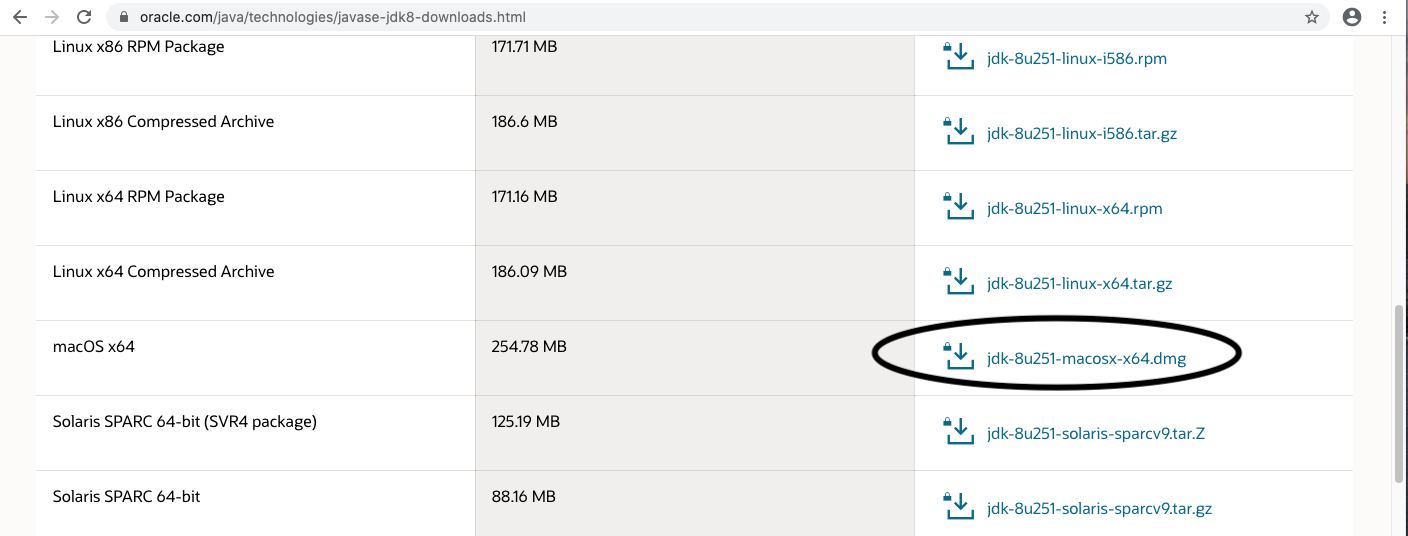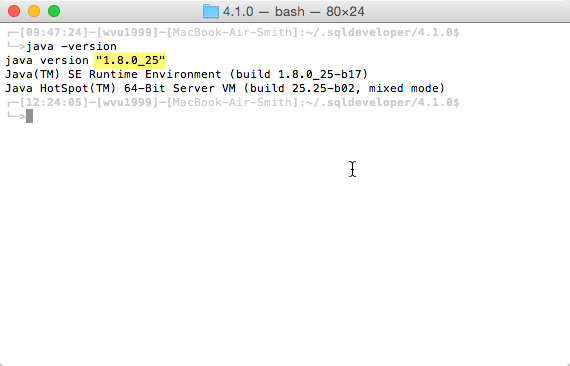

$ source "$HOME/.sdkman/bin/sdkman-init.sh"


SDKMan can run on any UNIX-based platforms such as Mac OSX, Linux, Cygwin, Solaris, and FreeBSD, and we can install it using the following commands: $ curl -s "" | bash We do not need to worry about setting the _HOME and PATH environment variables because SDKMan handles them automatically.SDKMan is written in bash and only requires curl and zip/unzip programs to be present on your system.SDKMan is free to use and is developed by the open-source community.It provides a convenient Command Line Interface (CLI) and API for installing, switching, removing, and listing Candidates. According to their website: SDKMan! is a tool for managing parallel versions of multiple S oftware Development Kits on most Unix-based systems. Well, there is a tool called SDKMan which allows us to do just that. What if there is a way to install multiple versions of Java and turn different versions on and off, depending on your needs. So, in order to work on both of these projects, you will need to install multiple versions of the JDK on your machine and be able to switch between them. Or, suppose you are working on multiple projects, some of which use Java 8 and some of which are new projects using Java 11. Java 8, and you don't want to accidentally break your project.

Sometimes, you want to learn and explore the latest version of Java, but you cannot install it on your machine because you and your team are working on an older version, e.g. But in my current project, we are still using Java 8, and now, I want to upgrade and learn Java 11, but unfortunately, I cannot install it.Īnd this happens a lot with Java developers. Some time back, I wrote the article Java Lambda Expression Explained with Example, but it was easy for me to explore Java 8 because I was using it in my project and allowed to install it.


 0 kommentar(er)
0 kommentar(er)
